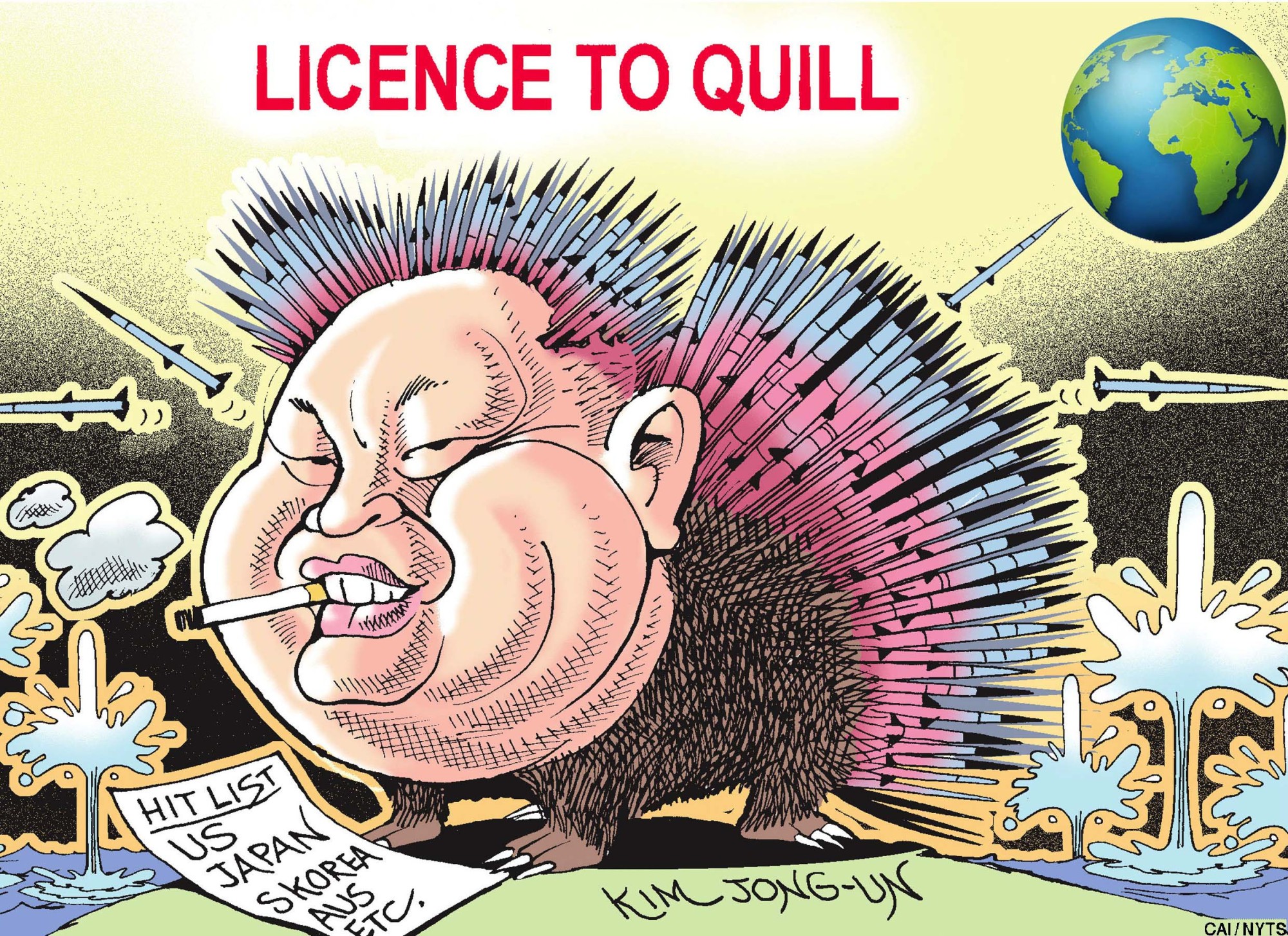On March 21, Serbia's Foreign Minister Ivica Dacic praised North Korea's refusal to recognize Kosovo's independence. To reward North Korea's loyal support for the Serbian position on Kosovo, Belgrade defied European attempts to isolate Pyongyang by arranging a meeting between Dacic and Ri Pyong Du, North Korea's Bucharest-based ambassador to Serbia. During their meeting, Dacic emphasized the need for a diplomatic solution to the North Korean crisis, and expressed support for the revival of multilateral negotiations to defuse the standoff.
Many Western analysts have explained Serbia's ongoing diplomatic engagement with North Korea and the North's opposition to Kosovo's declaration of independence by highlighting the historically close relationship between Pyongyang and Belgrade. During the Cold War, Josip Broz Tito and Kim Il Sung established a strong diplomatic alliance, as Yugoslavia and North Korea were both non-aligned communist states.
This alliance continued after the collapse of communism in Yugoslavia. During the 1990s, North Korea maintained trade links with Slobodan Milosevic's Serbian government, despite crippling international sanctions against Belgrade, and consistently expressed diplomatic support for Milosevic's regime until his overthrow in October 2000.



















With your current subscription plan you can comment on stories. However, before writing your first comment, please create a display name in the Profile section of your subscriber account page.